Yale Study Sheds Light on High Anxiety Rates Among U.S. Military Veterans
In a critical examination of the mental health challenges confronting U.S. military veterans, a study spearheaded by Yale researchers uncovers the alarming prevalence of anxiety disorders among this population, raising serious questions about the adequacy of support systems in place for our nation’s heroes.
Crisis Support Lines Underline the Need for Immediate Action
Before diving into the study’s findings, it’s crucial to acknowledge the resources available for individuals facing mental health crises:
- The National Suicide Prevention Lifeline (988) offers a lifeline for those in crisis.
- Crisis Text Line provides emotional support via text (text HELLO to 741741).
- Yale Mental Health and Counseling (call (203) 432-0290) and other campus resources offer additional support.
Veterans Grapple with High Anxiety Rates
The study, conducted by Grace Macdonald-Gagnon and Robert H. Pietrzak, highlights that 7.9% of veterans screened positive for probable Generalized Anxiety Disorder (GAD), a stark contrast to the 2.9% prevalence in the general U.S. adult population. The research points to a worrying trend: nearly a quarter of veterans experience mild anxiety disorders, with significant implications for their well-being.
Veterans with GAD or mild anxiety symptoms were found to be predominantly young, female, and from racial or ethnic minorities, often with a history of multiple deployments and combat experiences. These individuals also reported higher instances of suicidal ideation and attempts, underscoring the critical need for targeted mental health interventions.
Systemic Shortcomings in Veteran Mental Health Care
Despite the growing awareness of mental health issues such as PTSD, TBI, depression, and substance abuse among veterans, barriers including stigma, access challenges, and service gaps persist. The study’s emphasis on the association between anxiety symptoms and co-occurring psychiatric and functional difficulties highlights the urgent need for comprehensive care and support for veterans.
Recommendations for Improved Care and Support
The researchers advocate for the implementation of brief screening measures in primary care settings, including those outside the traditional Veterans Health Administration system, to identify veterans suffering from anxiety and related psychological problems. Such measures could facilitate early intervention, potentially averting more severe mental health crises.
A Call to Action for Institutions
The study also calls on educational institutions like Yale to refine their mental health resource referral processes for veteran students, ensuring they receive the support needed to transition successfully to campus life. The Department of Veterans Affairs’ VetSuccess on Campus program is cited as a model for providing essential support to veterans navigating the shift from military to academic environments.
Veterans on Campus: A Case for Enhanced Support
Jason Hug, a former U.S. Army intelligence officer and current Yale student, underscores the importance of removing barriers for veterans transitioning to college life. Yale’s commitment to veteran representation and support is highlighted as a positive example, yet the broader narrative demands more widespread and effective interventions to address the mental health needs of veterans across educational institutions.
Concluding Thoughts: Beyond Awareness to Action
As the Yale study shines a spotlight on the pervasive issue of anxiety among veterans, it’s clear that awareness alone is not enough. The findings serve as a rallying cry for enhanced support systems, both within and beyond the VA, to address the complex mental health challenges faced by those who have served. The imperative is clear: we must move beyond acknowledgment to action, ensuring our veterans receive the comprehensive care and support they deserve.
FAQs on Veterans’ Anxiety and Mental Health Support
What is Generalized Anxiety Disorder (GAD) and how does it affect veterans?
Generalized Anxiety Disorder (GAD) is a mental health condition characterized by persistent and excessive worry about various topics, events, or activities. In veterans, GAD can be exacerbated by experiences from their service, including combat exposure, leading to significant distress and impairment in daily functioning.
Why are veterans more prone to anxiety disorders compared to the general population?
Veterans may be more susceptible to anxiety disorders due to the unique stressors and traumatic experiences associated with military service, such as combat exposure, training intensity, and the transition back to civilian life. These factors can contribute to a heightened risk of developing GAD and other anxiety-related conditions.
How can veterans access mental health support for anxiety and related conditions?
Veterans can access support through various channels, including the Veterans Health Administration (VHA), VA hospitals and clinics, the Veterans Crisis Line (988 then Press 1), and community-based veteran service organizations. Additionally, educational institutions and non-VA healthcare providers may offer resources and support tailored to veterans’ needs.
What role do educational institutions play in supporting veterans with anxiety?
Educational institutions can play a critical role by providing tailored support services for veteran students, such as counseling, mental health resource referrals, and programs like the VA’s VetSuccess on Campus. These resources help veterans transition to and thrive in academic environments while managing their mental health.
How can friends and family support a veteran experiencing anxiety?
Friends and family can support veterans by encouraging them to seek professional help, offering emotional support, and educating themselves about mental health conditions and resources. Being patient, understanding, and actively listening to the veteran’s experiences can also make a significant difference in their mental health journey.
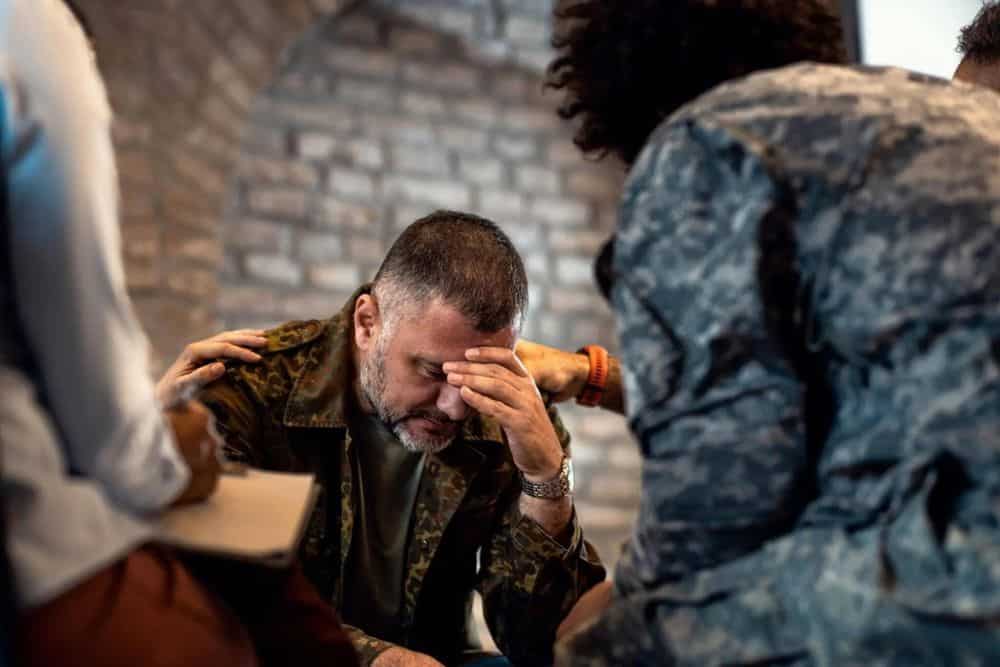
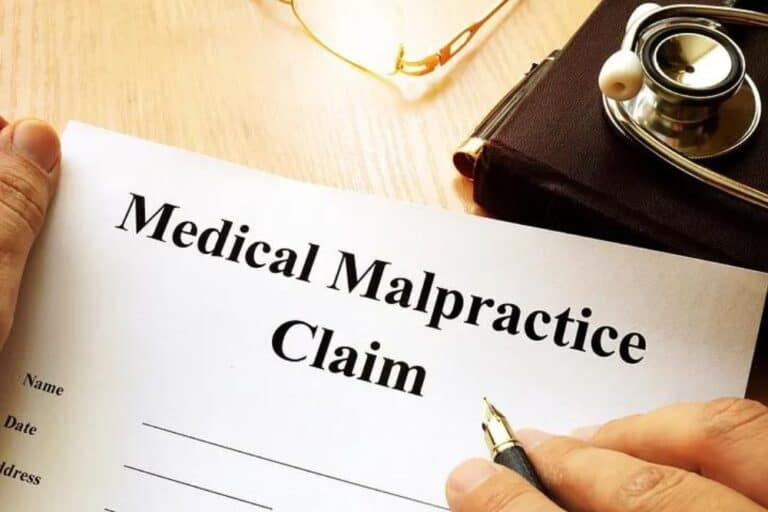
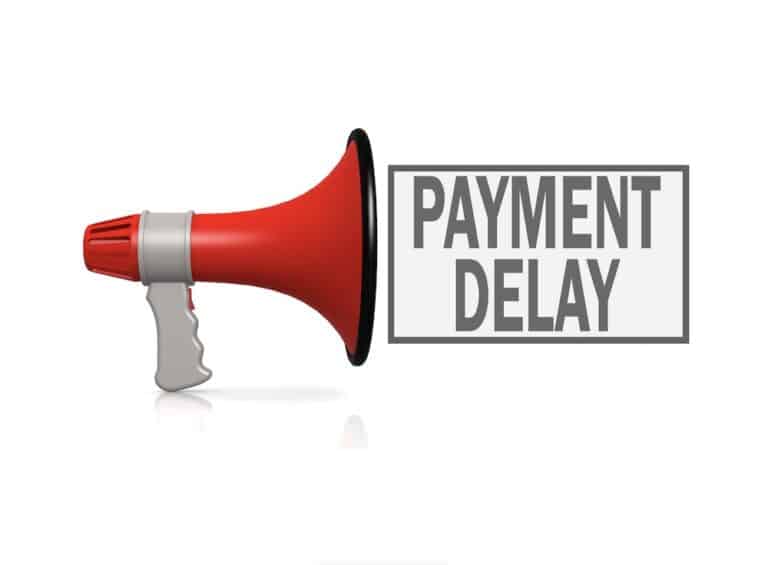
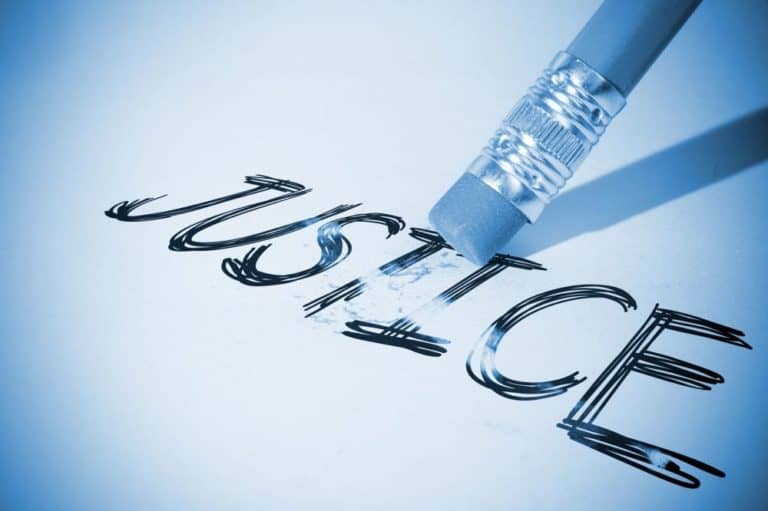
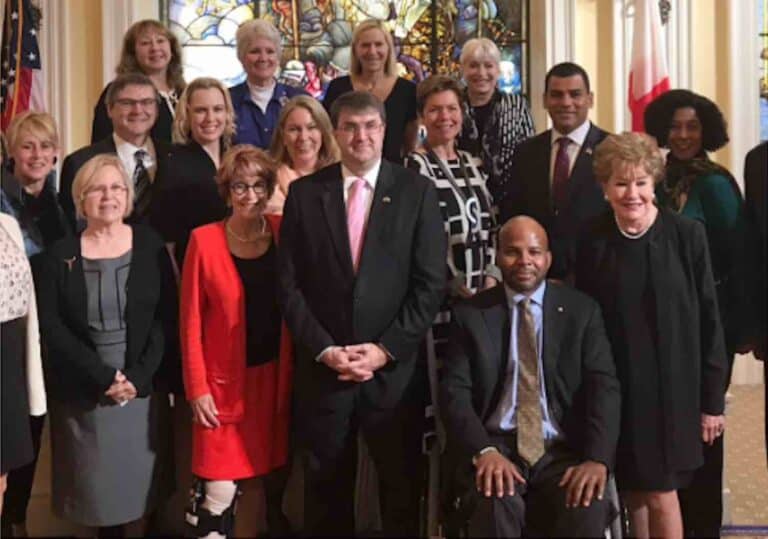
You could have 3 purple hearts, commendation medals out the ass, and a medal of honor, but if you go to jail on some violent shit, you’ll never get a bit of serious mental health care again. They’ll use that against you for the rest of your fuckin life. And remember, ALREADY they don’t have to do shit for you if they don’t want to. The rationale is “Whatever we have to do to maintain a facade of a public sector and redistribution apparatus.” You’re only there for that reason when all is said and done. If you get a nice high disability rating, that’s the only other way to become anything valid in that system and that’s about the time you want to leave while you’re still ahead and have a head.
That’s because it’s an authoritarian system and you’re forced to be around people that otherwise you wouldn’t want to be around.
This is insane
I have to add this important fact which is crucial. When Veterans call the Crisis Line they are offered a SPC (Suicide Prevention Coordinator) consult which is basically a call to the Veteran from a Mental Health Social Worker at their facility or the parent facility. IF they call at best it is just a repeat of calling the Crisis Line. The problem is that’s all they will do which doesn’t solve their problem. Where is this supposed “Integrated Care”?? Many times it involves getting actually real mental healthcare or having problems with the VA getting other appropriate care in a timely fashion. They have this neat little instant messaging app that I’ve seen them use and getting quick responses but they never loop the Veterans ACTUAL MENTAL HEALTH TEAM into the fact they called the VA Crisis Line which could be just an automated message with a link to the VA Crisis Line note but it never happens neither from the VA Crisis Line or Suicide Prevention Coordinators. This is what is insane. They have the means to do this via instant messaging (add some automation).
I highly suspect with decades working in mental health on contracts even in the VA that even if they did do that the majority of Mental Health Care Teams would do nothing because they are so understaffed barely keeping their heads above water doing their super quick telehealth annual or semi annual appointments. They have to hire Contract Psychiatrists that are poorly screened, poorly onboarded that only stay 3 months. It took an Act of Congress, Visits to the Medical Director and multiple phone calls with the Chief of Psychiatry who kept going back on his word to finally get out that Contract Psychiatrist every 3 months hell. One wrote this bizarre note just making up stuff that was denigrating when I sent him my long time Psychologist diagnosis and asking him to update it. I brought it to the attention to the Medical Director that did nothing but make excuses without reading the note. There is an Old Mel Brooks Movie called High Anxiety that perfectly describes the lunacy of VA Mental Health and how it aggravates Veteran’s mental health challenges more than helps. There are some good providers but what I’ve seen is they either tow the line or get frustrated and leave.
Sounds like Big Pharma’s stock will be going up.
Gee I wonder why. Could it be we have to be micro managers, advocates, researchers, strategists, deal makers constantly trying not to make enemies or be placed on the disruptive behavior status while being short changed, brushed off or accused of being rude with no proof when asking for something we are entitled to more than once in a neutral tone.
That includes the VA, VBA and Community Care Providers Darlings of the VA that do the VA’s bidding (and placed in the incomplete VA Locator Database that is not updated intentionally to frustrate Veterans and give Community Care a bad name) .
All Community Care department duties should be outsourced with no VA control and separate funding from Congress.
Maybe Triwest or Optum could do that and Community Care would vastly improve without the VA hamstring them.
You really couldn’t call that privatization since it is dealing with private providers already.
If someone proposed a bill for this and it passed check our anxiety levels again. Also those surveys saying how Veterans prefer VA over Community Care would be invalidated with these companies or others having REAL Quality Care of providers and streamlining onboarding from 1 year to weeks.
I’m going to push for this. As a contract healthcare provider for decades in facilities all over the country even the VA I know this could work AND you would see Veterans fleeing the antiquated VA for Community Care except for the brainwashed ones.
By the way there is no Integrated Care despite having that instant messaging app. The only integrated care is me being a micromanager and advocate and deal maker that burns up much of my time.